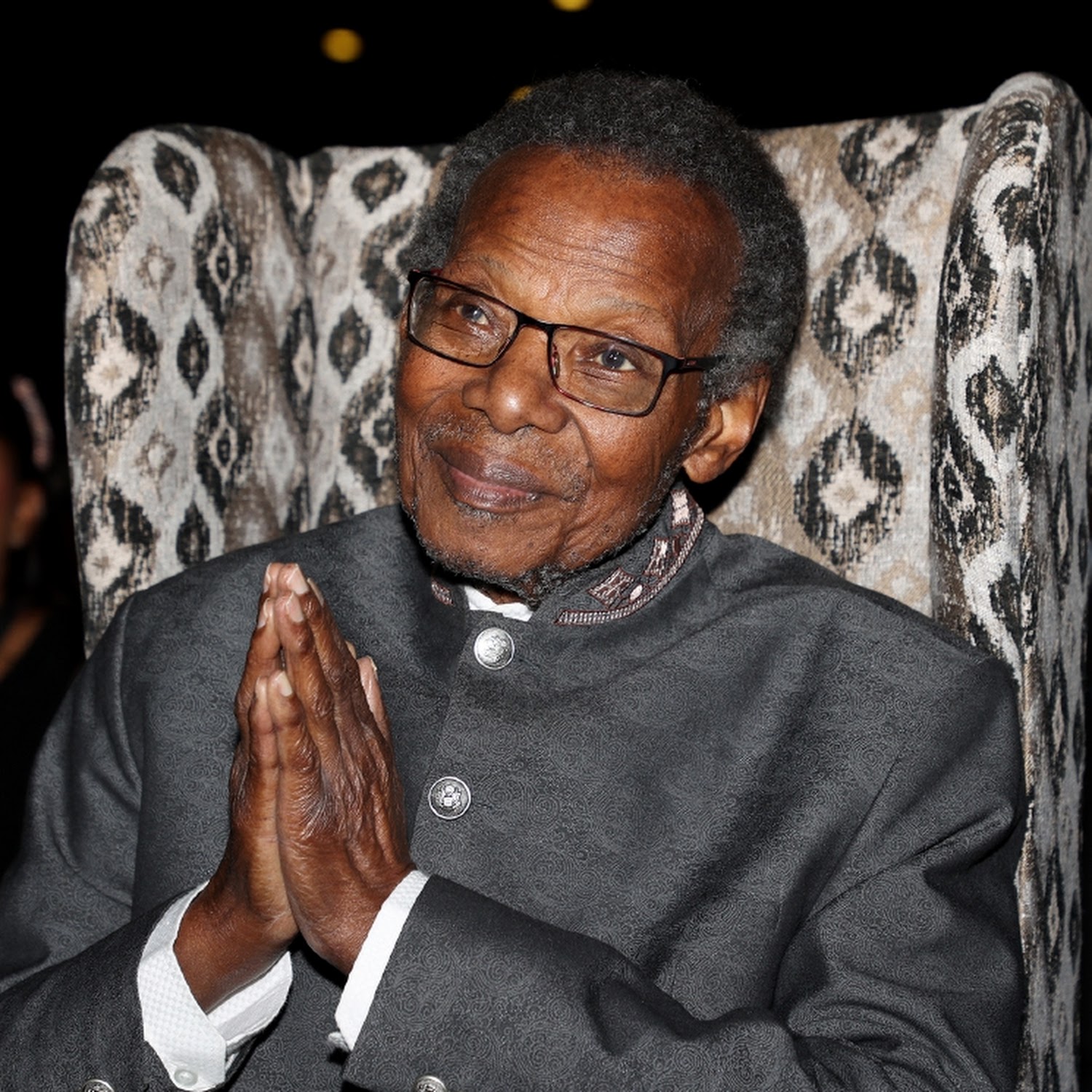
In the quiet moments of reflection that follow the passing of a great leader, we remember the remarkable life and contributions of Mangosuthu Buthelezi, a statesman whose indomitable spirit left an indelible mark on South Africa's history. Born on August 27, 1928, in Mahlabathini, Natal, Mangosuthu Buthelezi emerged as a towering figure in politics, guiding the Zulu Kingdom and beyond.
His journey began long before the dawn of apartheid, and he traversed the turbulent waters of South African politics with resilience and determination. One of his earliest significant milestones was his appointment as Prime Minister of the Zulu Kingdom in 1955. This marked the start of his long and illustrious career in leadership.
Buthelezi's tenure as Prime Minister of the Zulu Kingdom saw him navigating the complex socio-political landscape of the time, advocating for the rights and dignity of the Zulu people while striving to maintain peace and stability. Buthelezi's commitment to the Zulu people did not end there. He played a pivotal role in forming and leading the Inkatha Freedom Party (IFP), a political party deeply rooted in Zulu culture and traditions.
As President of the IFP, he championed the party's vision of social justice, equality, and empowerment for all South Africans, regardless of their background. Under his leadership, the IFP became a formidable political force, representing the interests of many South Africans. However, Buthelezi's legacy extends far beyond his role in the IFP.
During the tumultuous era of apartheid in South Africa, he also served as Prime Minister of the self-governing territory of Zululand. In this capacity, he faced the challenging task of balancing the demands of the apartheid regime with his commitment to the welfare of his people. His ability to navigate these treacherous waters with diplomacy and wisdom earned him respect at home and abroad.
Buthelezi's unwavering dedication to the cause of justice and equality for all South Africans became even more evident as the winds of change swept across the nation. With the dawn of democracy in 1994, he took on a new role as a minister in the democratic government under the leadership of Nelson Mandela.
This transition showcased his willingness to work collaboratively toward a better future for South Africa, transcending the political divides of the past. As a minister in Mandela's government, Buthelezi continued to advocate for peace and reconciliation. He played a crucial role in the efforts to bring stability to KwaZulu-Natal, a region marred by violence and political strife for years.
His commitment to dialogue and negotiation earned him the nickname "the Peacemaker," a testament to his ability to bridge gaps and build consensus. Buthelezi's journey was one of transformation and adaptation. He evolved from a regional leader into a national statesman, and his legacy is a testament to his enduring commitment to improving South Africa and its people.
Throughout his life, he remained a steadfast advocate for democracy, justice, and human rights. Today, as we bid farewell to Mangosuthu Buthelezi, we must remember not only the titles he held but also the principles he upheld. He leaves a legacy of resilience, reconciliation, and the unyielding pursuit of a better South Africa.
His life's work serves as a reminder that, even in the face of adversity, one individual can make a profound difference in the lives of many. In closing, let us honour the memory of Mangosuthu Buthelezi by carrying forward the torch of peace, unity, and progress that he so passionately championed.
As we reflect on his life, may we be inspired to continue the journey toward a South Africa where justice and equality are not just ideals but lived realities for all its citizens. In doing so, we pay the greatest tribute to a man whose legacy will endure for generations.
**The views expressed above are of the writer, who wrote in his personal capacity and does not represent Mo Media as a publication, its readers, personnel, advertisers and all other related stakeholders**


